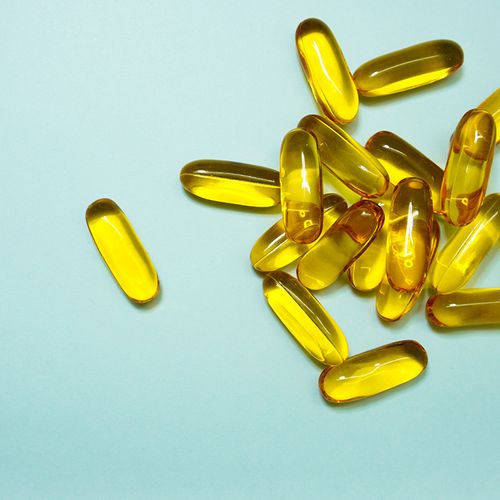Stroll through any drugstore, and you'll see an array of fish oil supplements. You've heard that fish oil-or more specifically, the omega-3 fatty acids it contains-may combat many health problems, including heart disease, chronic pain and inflammation, asthma and depression.
But which one should you buy? The fancy-looking 100-capsule bottle for $25...the plain-looking store brand with twice as many capsules for $8.99...or something in between?
In general, with fish oil supplements, you get what you pay for. Less expensive products may contain as much "fish oil" as more expensive ones, but they typically contain less eicosapentaenoic acid (EPA) and docosahexaenoic acid (DHA), the most biologically active and beneficial components.
Why it matters: The American Heart Association recommends supplementation with about 1,000 mg of combined EPA/DHA per day for people with known heart disease. It recommends 2,000 mg to 4,000 mg for people who need to lower triglycerides (a type of blood fat). I recommend a starting dose of 2,000 mg to 2,500 mg to all of my patients for general good health. Fish oil supplements are not a good choice for those taking warfarin (Coumadin) or other blood-thinning medications-consult your doctor. Because the typical low-priced "1,000-mg" fish oil capsule contains only 180 mg of EPA and 120 mg of DHA, you would have to take six to eight capsules each day to reach the recommended dose of EPA/DHA. With each capsule, you're getting 700 mg of oil that is not EPA or DHA. Day after day, that's a lot of oil you don't really need-and it can cause loose stools and other unpleasant gastric effects.
Best: Buy a fish oil product that will require you to take the fewest capsules per day to reach your desired dose of EPA/DHA. This is better for your health than a less concentrated product and may not be as expensive as it seems when you consider that you'll consume fewer capsules.
Beware Foods with Added Omega-3s
Foods with added omega-3s often contain I little or none of the omega-3s that are best for the heart. The omega-3s docosahexaenoic acid (DHA) and eicosapentaenoic acid (EPA) are far more prevalent in fish than in other sources. Six ounces of farmed Atlantic salmon provides about 3,500 milligrams (mg) of DHA and EPA...six ounces of sardines, about 3,000 mg. Foods supplemented with omega-3s provide much less—one Land O'Lakes Omega-3 egg, 350 mg...one cup of Silk Plus Omega-3 DHA Soy Milk, 32 mg.
Best: Get omega-3s from fish, such as salmon, sardines, mackerel and herring.
High Octane Soda
Citrus sodas may contain more caffeine than popular colas. Caffeine content can vary widely from brand to brand and even among products within a brand. The Food and Drug Administration (FDA) requires labels to disclose if caffeine is an ingredient but does not require the amount to be listed. The FDA limits the caffeine content in carbonated beverages to about 72 milligrams (mg) per 12-ounce glass. In a recent study, Coca-Cola had 339 mg....Diet Coke 46.3 mg...Pepsi 38.9 mg. and Diet Pepsi 36.7 mg per 12 ounces. But Mountain Dew had 54.8 mg. and Diet Mountain Dew had 55.2 mg. Major manufacturers, including Coca-Cola and PepsiCo, have started to phase in new labels that include caffeine amounts.
